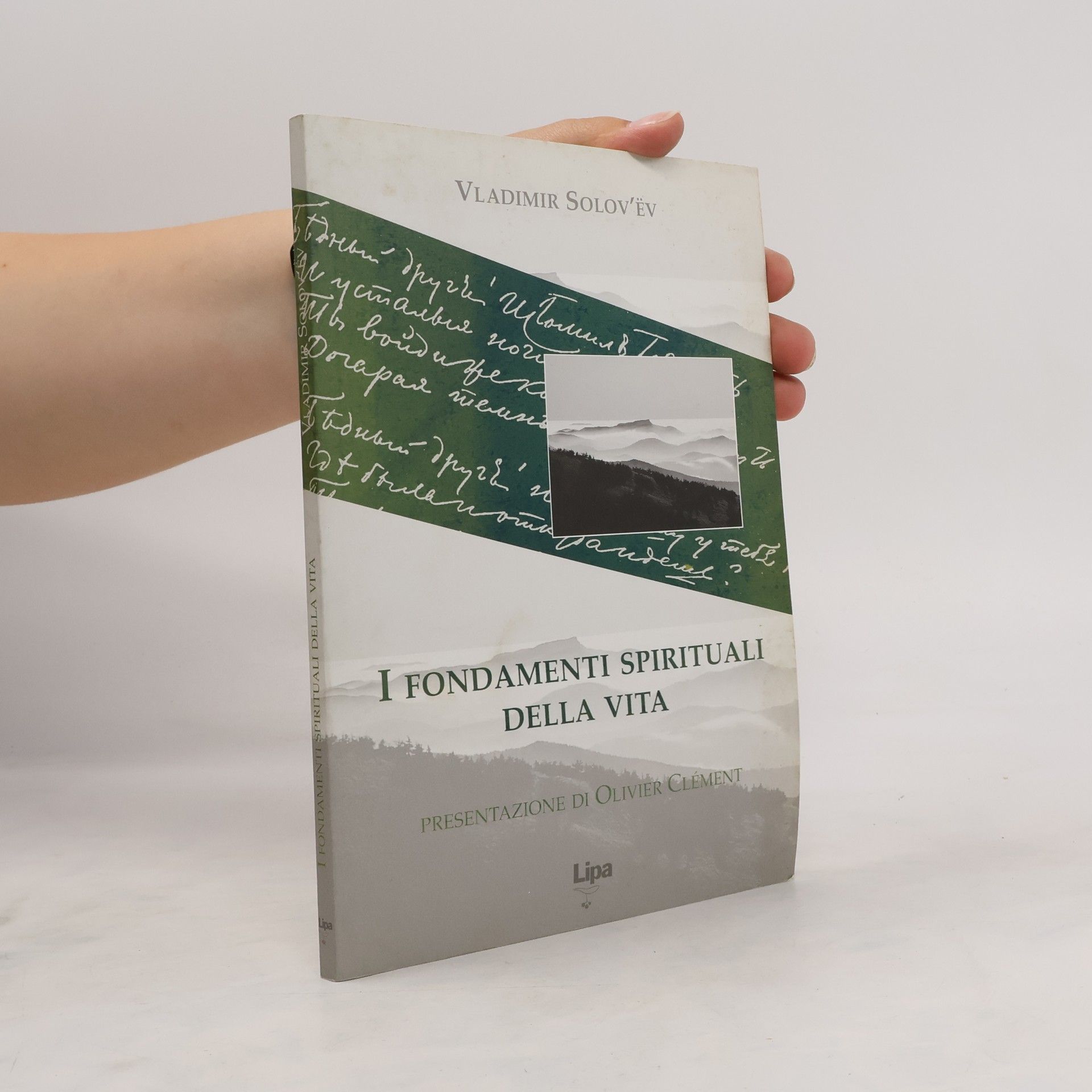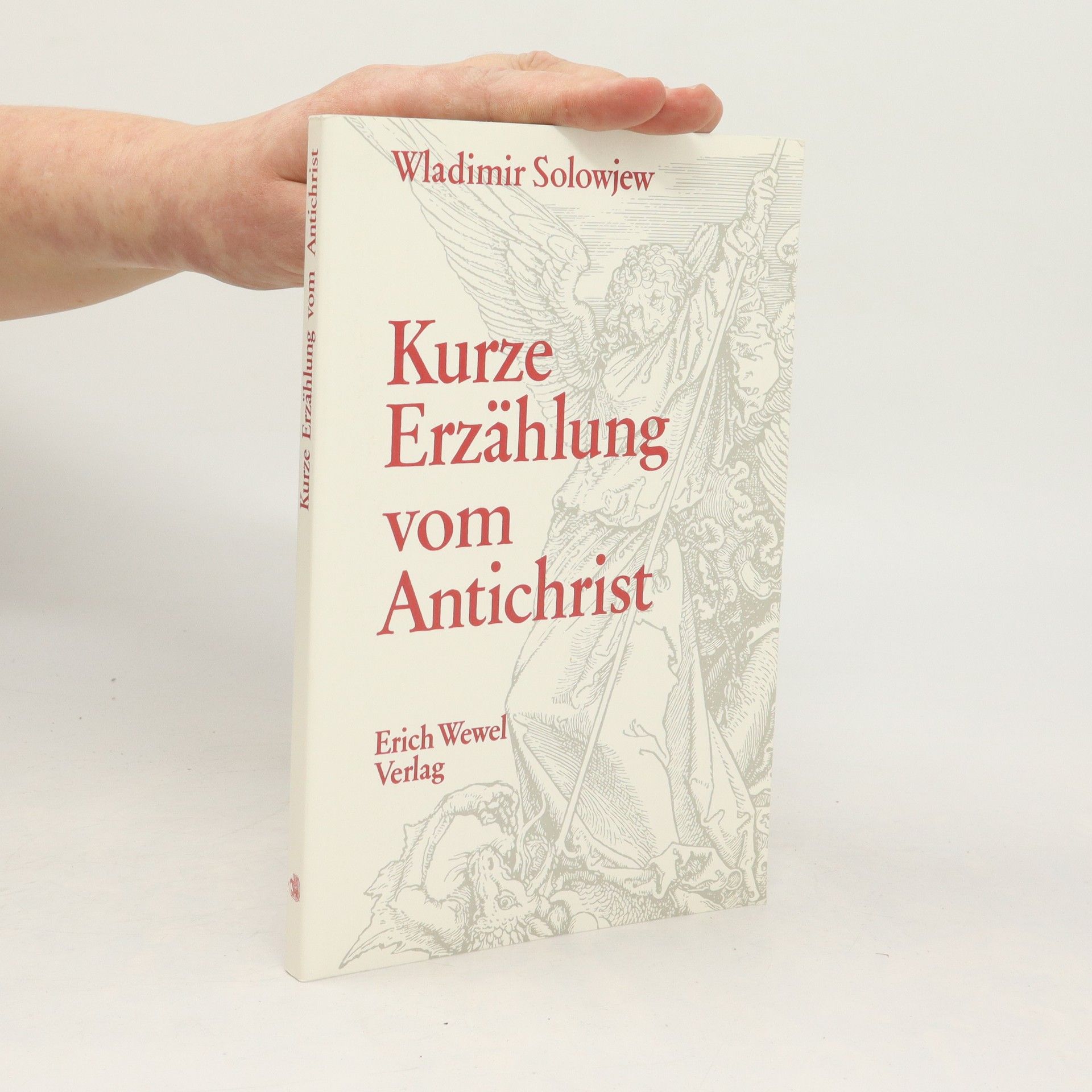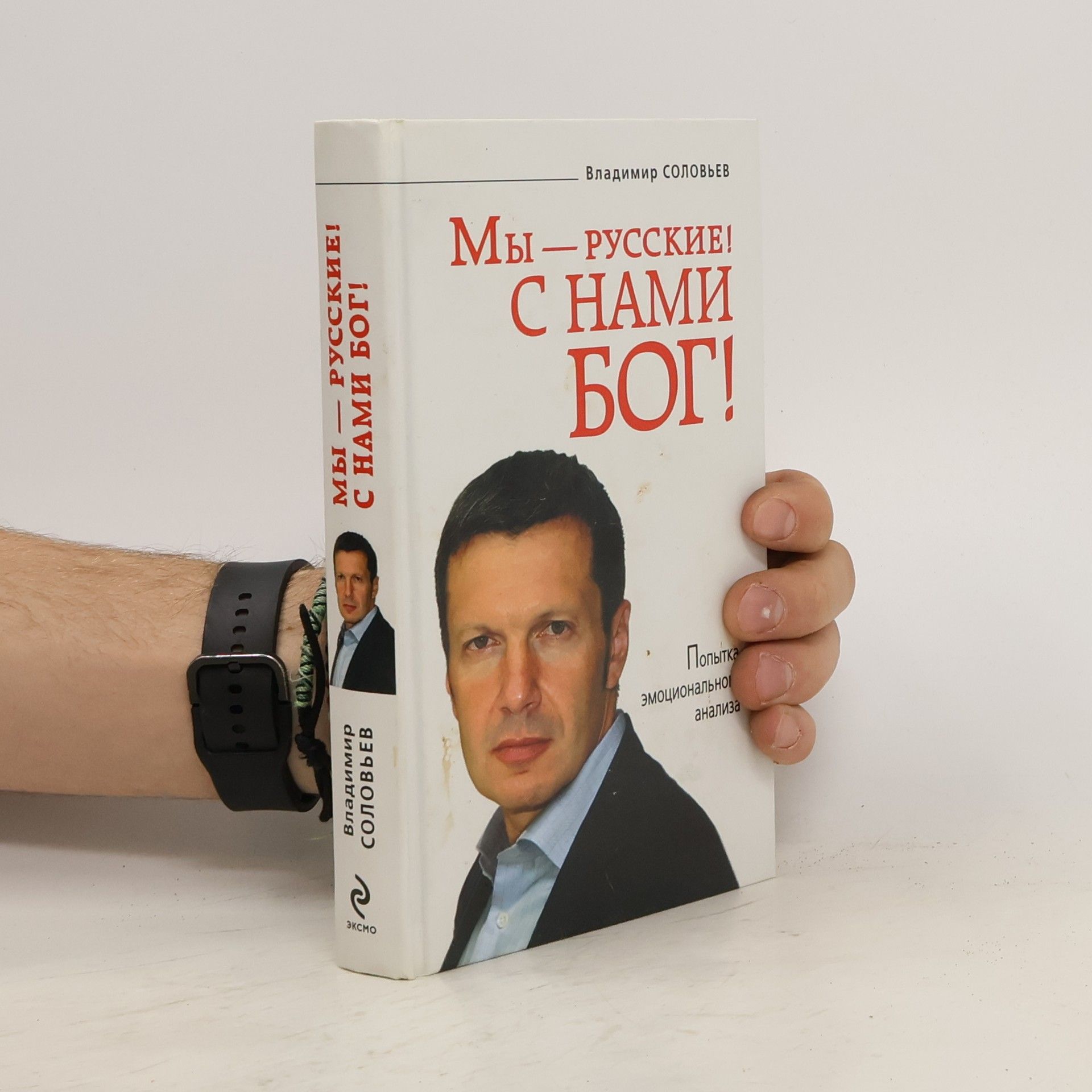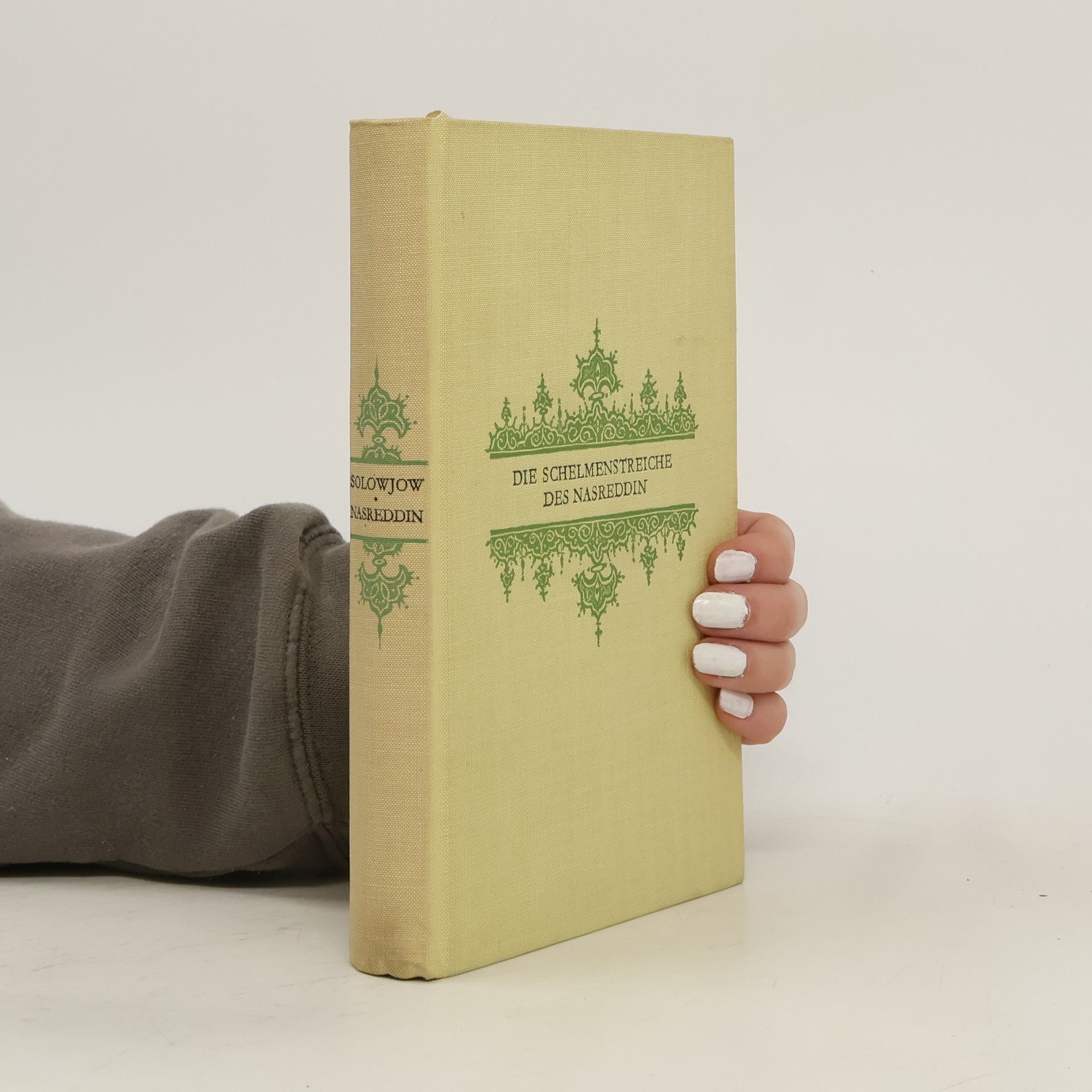Heart of Reality
- 264 pages
- 10 hours of reading
Vladimir S. Soloviev (1853-1900), moral philosopher, social and literary critic, theologian, and poet, is considered one of Russia's greatest philosophers. But Soloviev is relatively unknown in the West, despite his close association with Fyodor Dostoevsky, who modeled one of his most famous literary characters, Alyosha Karamazov, on Soloviev. In The Heart of Reality, Vladimir Wozniuk offers lucid translations, a substantive introduction, and careful annotations that make many of Soloviev's writings accessible for the first time to an English-speaking audience. Soloviev worked tirelessly in the name of the mystical body of the Universal Church. The vast bulk of his writings can be construed as promoting, in one way or another, the cause of ecumenism. His essays also display the influence of Platonic and German Idealism and strands of Thomistic thinking. Wozniuk demonstrates the consistency of Soloviev's biblically based thought on the subjects of aesthetics, love, and ethics, while at the same time clarifying Soloviev's concept of vseedinstvo (the unity of spiritual and material), especially as applied to literature. Containing many previously untranslated essays, The Heart of Reality situates Soloviev more clearly in the mainstream of Western religious philosophy and Christian thought.









